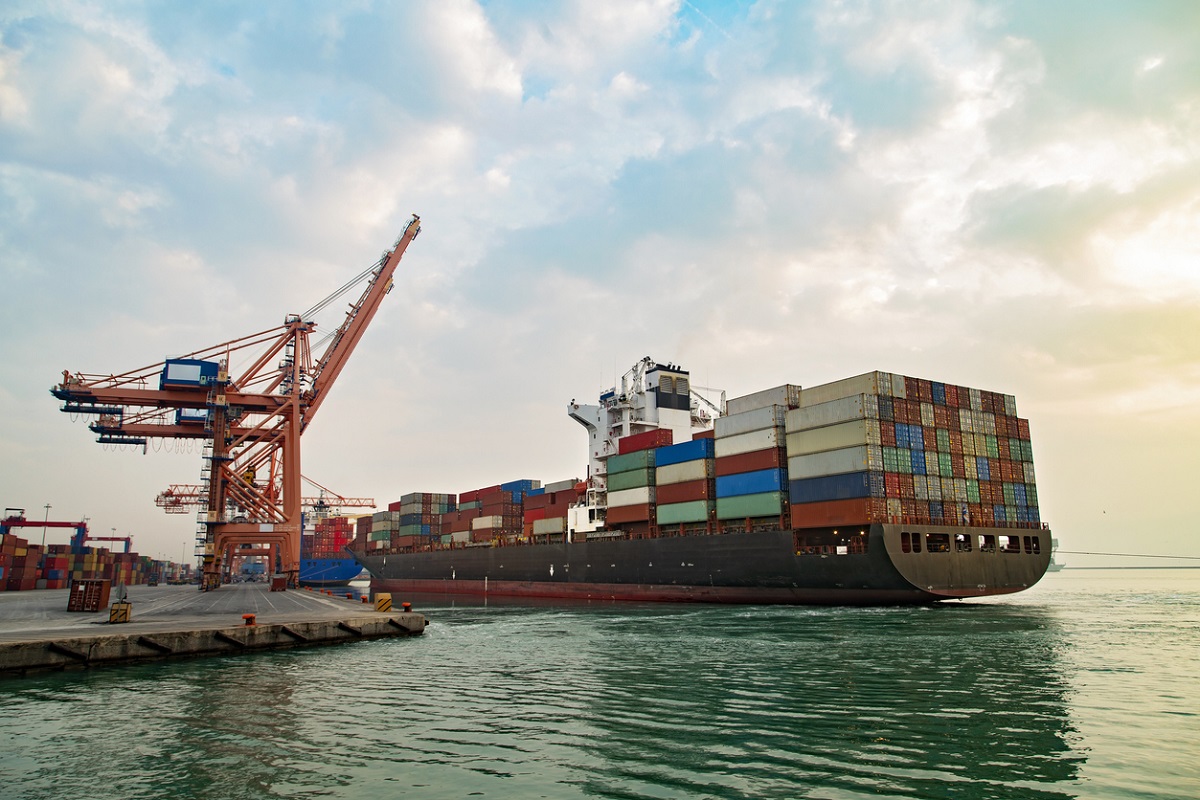PM Modi to inaugurate SOUL Leadership Conclave in Delhi today
Prime Minister Narendra Modi will inaugurate the first edition of the SOUL Leadership Conclave in Bharat Mandapam, New Delhi, on Friday.
The Bill will repeal and replace the existing Act of 1908 to promote integrated planning between the Centre and the states, ensure prevention of pollution at all ports and address lacunae in the dispute-resolution framework.

Representational Photo: (iStock)
The draft IP Bill 2022 to repeal and replace the existing Act of 1908 aims to promote integrated planning between the Centre and the states, ensure prevention of pollution at all ports, address lacunae in the dispute-resolution framework, and usher in transparency and cooperation in development through the use of data as its primary objectives.
The proposed Bill intends to streamline development of the sector, promoting ease of doing business, eliminating unnecessary delays and disagreements, and defining responsibilities. It will incorporate State maritime boards into the national framework too.
Advertisement
Additionally, Maritime State Development Council will ensure cooperative federalism where the Centre and State/UT Governments will work together towards preparing a progressive road map for the country. The redundant provisions of the Act have been deleted or replaced with contemporaneous provisions. Further, existing penalties in the Act which are outdated have been updated with respect to amounts and offences relevant to present day scenarios.
Advertisement
Existing penalties in the Act which are outdated have been updated with respect to amounts and offences relevant to the present-day scenario.
Three earlier versions of the Bill were circulated by the Ministry to various stakeholders, including major ports, State governments, State Maritime Boards and various central government ministries.
The Draft IP Bill, 2022 has been formulated, keeping in view all the remarks that have been received, the Ministry said in a statement.
About 95 per cent of India’s trade by volume and 65 per cent by value is done through maritime transport facilitated by ports.
Under Sagarmala, several initiatives for port-led development have been identified and launched. The ongoing developments and committed investments (public and private) in ports need to be aided by scientific and consultative planning, with a keen focus on ever increasing safety, security, and environmental issues.
India has a 7,500 km long coastline, 14,500 km of potentially navigable waterways and strategic location on key international maritime trade routes. About 95 per cent of India’s trade by volume and 65 per cent by value is done through maritime transport facilitated by ports.
Advertisement